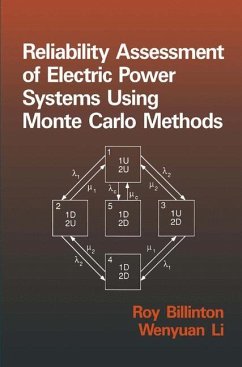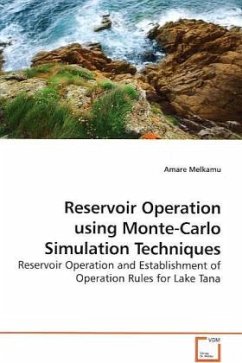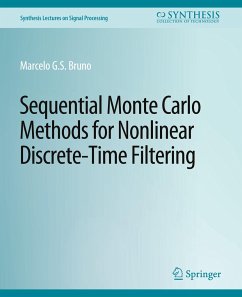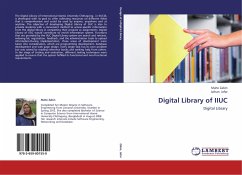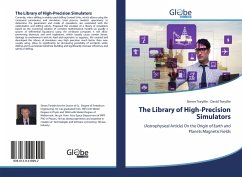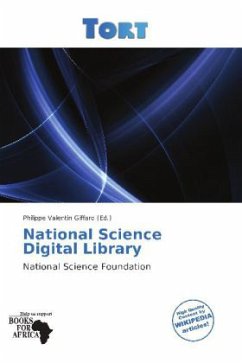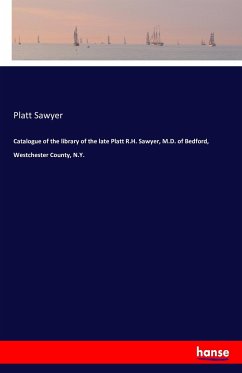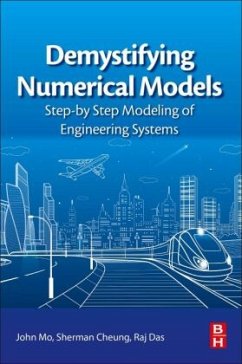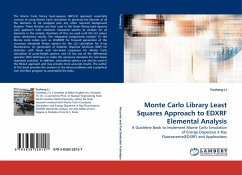
Monte Carlo Library Least Squares Approach to EDXRF Elemental Analysis
A Guideline Book to Implement Monte Carlo Simulation of Energy-Dispersive X-Ray Fluorescence(EDXRF) and Applications
Versandkostenfrei!
Versandfertig in 6-10 Tagen
39,99 €
inkl. MwSt.

PAYBACK Punkte
20 °P sammeln!
The Monte Carlo library least-squares (MCLLS) approach essentially consists of using Monte Carlo simulation to generate the libraries of all the elements to be analyzed plus any other required background libraries. These libraries are then used in the linear library least-squares (LLS) approach with unknown measured spectra to analyze for all elements in the sample. Iterations of this are used until the LLS values gives satisfactory results. The integrated components include: (1) the Monte Carlo codes such as CEARXRF for forward generation of the necessary elemental library spectra for the LLS...
The Monte Carlo library least-squares (MCLLS) approach essentially consists of using Monte Carlo simulation to generate the libraries of all the elements to be analyzed plus any other required background libraries. These libraries are then used in the linear library least-squares (LLS) approach with unknown measured spectra to analyze for all elements in the sample. Iterations of this are used until the LLS values gives satisfactory results. The integrated components include: (1) the Monte Carlo codes such as CEARXRF for forward generation of the necessary elemental library spectra for the LLS calculation for X-ray fluorescence; (2) generation of detector response functions (DRF) for detectors with linear and non-linear responses for Monte Carlo simulation of pulse-height spectra; and (3) the use of the differential operator (DO) technique to make the necessary iterations for non-linear responses practical. In addition, coincidence spectra can also be used in the MCLLS approach and may provide more accurate results. The author of this book provides the answers to the above problems and a graphical user interface program to accomplish the tasks.



